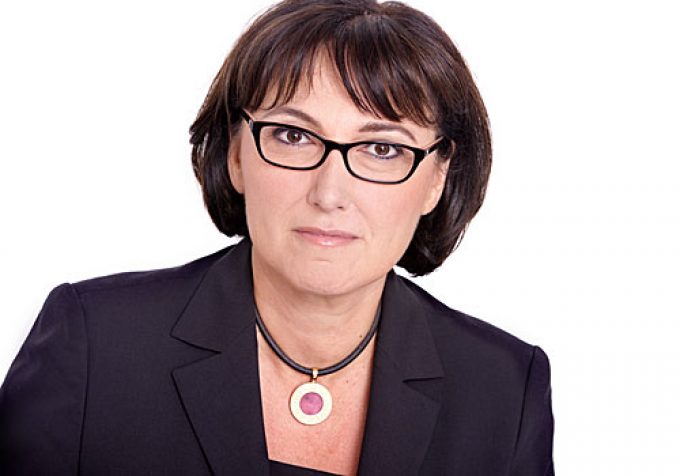Geodis management changes confirmed
A double appointment was disclosed yesterday at Geodis, with company veteran Eric Martin-Neuville taking over ...

It’s a haven of calm on the Geodis stand at Munich’s Transport Logistic show. Busy, but calm. Elsewhere there’s unrelenting chaos and noise.
As ever with the large logistics companies, rumours are rife through the halls. Who will buy whom? How’s their technology? Which customers have been lost – or found?
The top rumour du jour is again about CEVA – this time, is Geodis buying? CEVA confirms to The Loadstar that it is just a rumour – and that no doubt in a ...
Volcanic disruption at Anchorage could hit transpacific airfreight operations
Macron calls for ‘suspension’ – CMA CGM's $20bn US investment in doubt
Forwarders stay cool as US 'liberation day' tariffs threaten 'global trade war'
Shippers snap up airfreight capacity to US ahead of tariff deadline
De minimis exemption on shipments from China to the US will end in May
Tighter EU import requirements proving 'a challenge' for forwarders
Looming Trump tariffs will create 'a bureaucratic monster' for Customs

Comment on this article